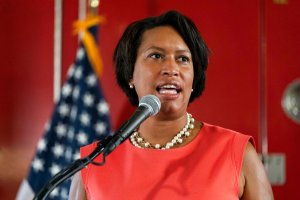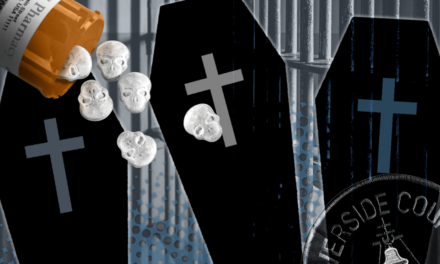By Tashi McQueen,
AFRO Political Writer,
tmcqueen@afro.com
Mayor Muriel Bowser recently announced her Fiscal Year 2024 Budget proposal to the D.C. Council.
The $19.7 billion budget includes a $90 million bailout for medical debt, $3.4 million for the D.C. small business fund and $6.8 million for special education enhancement.
“This budget reflects many tough choices, but we are also fortunate that even in tight times, the District remains well-resourced and able to continue delivering world-class programs and services,” said Bowser.
One of those challenges includes a slow economy post covid-19 federal investments. This issue is similar to what many communities in America are experiencing upon the wind-down of the “public health emergency” classification on May 11.
“The Fiscal Year 2024 Budget makes the necessary investments to promote and sustain the District’s comeback by unlocking the full potential of our residents, our neighborhoods, and our businesses,” said Bowser in a statement.
One of the largest investments includes $90 million that would go towards medical debt “for many of the 90,000 District residents who have unpaid medical bills” The initiative is funded by $900,000 in anticipated year-end surplus funds for the 2023 fiscal year budget.
“The disproportionate impact of medical debt – with residents of color three times more likely to hold medical debt in DC – has a ripple effect on how it impacts the lives of our residents. Medical debt leads to damaged credit scores which can then prevent an individual from being able to buy a home, obtain a job, or go to college,” said Mayor Bowser. “This is an investment in a more equitable city and in better health, housing, and employment opportunities for our residents.”
The $6.8 million will specifically go towards the Special Education Enhancement Fund, which in part will be given to facilities, including after-school programs that can accommodate children with disabilities and developmental delays.
“The Mayor’s commitment to equity and the full inclusion of people with disabilities allows us to provide high-quality services that assist people with disabilities in living and working independently,” said Andrew Reese, Director of the Department of Disability Services, in a statement.
There are also plenty of investments in education.
- $2.1B to continue the modernizations or expansions of 40 other schools, including PACE and non-PACE projects, including cafeteria renovations or buildouts for Plummer Elementary School, Hardy Middle School, and Coolidge High School
- $2B in funding from the Uniform Per Student Funding Formula (UPSFF) towards public and public charter schools
- $14M for preventative maintenance of schools’ heating and cooling systems
- $116M to support raising the wages of teachers in both public and public charter schools
- $90M over six years for DCPS to preserve and maintain school facilities through small capital investments in HVAC, life safety needs, athletic field repairs and upgrades, and ADA compliance $34M over six years DCPS to improve information technology systems within schools for improved bandwidth and connectivity, complete our refreshment of smart board technology systems in classrooms, and upgrade school data interfaces for families
Tashi McQueen is a Report For America Corps Member.
Similar articles:
d-c-mayor-bowser-invests-16-4-million-into-out-of-school-programs-offered-by-nonprofit-orgs
Mayor-bowser-lays-out-plans-for-her-third-term-after-re-election
Mayor-bowser-announces-initiative-to-curb-gun-violence-in-the-district
mayor-bowser-and-google-announce-1-million-grant-to-train-dc-residents-for-in-demand-tech-jobs
The post Mayor Bowser proposes $19.7 billion budget for 2024 Fiscal Year appeared first on AFRO American Newspapers .









